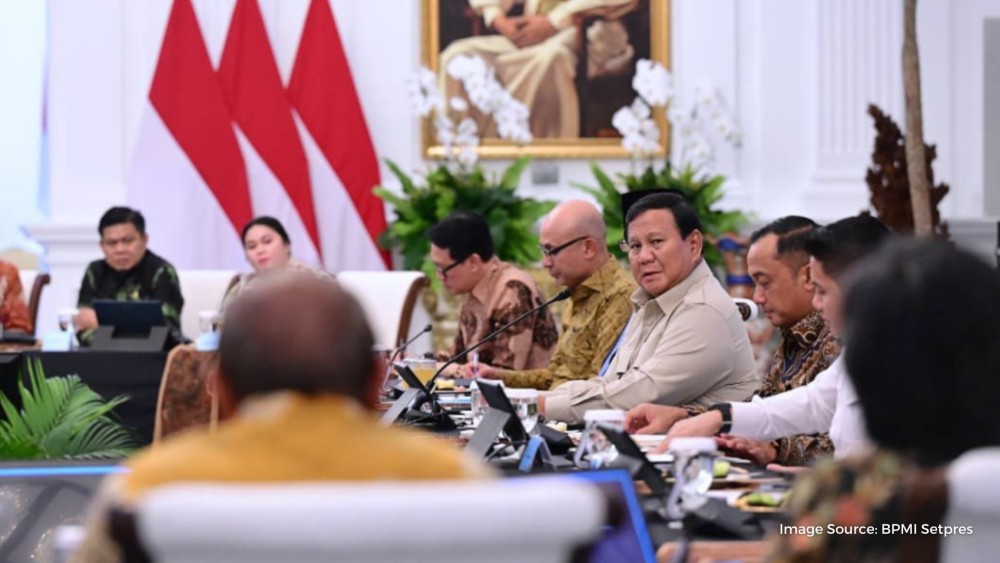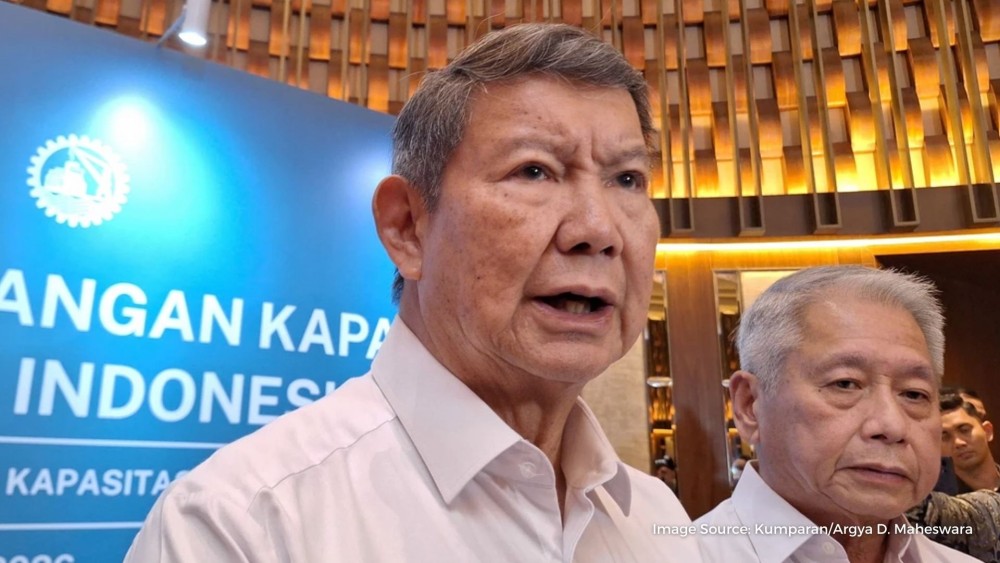Indonesia to Remove Tariffs and Non-Tariff Barriers as U.S. Cuts Duties in Trade Deal
23 Jul 2025

Indonesia has agreed to remove tariffs on more than 99 percent of U.S. goods and eliminate non-tariff barriers for American companies, while the United States will cut its planned tariff on Indonesian products to 19 percent from 32 percent, both governments announced on Tuesday, July 15, 2025.
The agreement will be finalized in the coming weeks. It is part of a limited set of trade deals secured by the Trump administration before an August 1 deadline for higher tariffs. The new U.S. tariff rate on Indonesian products matches the 19 percent rate announced for the Philippines earlier the same day, while Vietnam will face 20 percent.
The deal aims to strengthen bilateral trade relations by providing both countries “unprecedented access” to each other’s markets.
Under the agreement, Indonesia will immediately drop its plans to impose tariffs on internet data flows and support the renewal of a longstanding World Trade Organization moratorium on e-commerce duties.
Indonesia will also remove recently enacted pre-shipment inspection and verification requirements on U.S. exports, which had created problems for U.S. agricultural shipments and contributed to a growing farm trade deficit. The Jakarta Post cited that a U.S. official stated the move could help restore the surplus in agricultural goods that the U.S. once had with Indonesia before the requirements were introduced.
In a concession for U.S. automakers, Indonesia has agreed to accept U.S. Federal Motor Vehicle Safety Standards for vehicles exported to its market of 280 million people.
The country will also remove export restrictions on industrial commodities, including critical minerals, and eliminate local content requirements for products using these commodities that are shipped to the U.S.
Additionally, Indonesia will address other barriers by eliminating import restrictions and licensing requirements on U.S. remanufactured goods or parts and will join the Global Forum on Steel Excess Capacity to help reduce global overcapacity in the steel sector.
The United States, in turn, will reduce its reciprocal tariff rate to 19 percent and may identify commodities not produced domestically for further reductions. Both countries will also negotiate rules of origin to ensure the benefits of the deal accrue mainly to the U.S. and Indonesia, not third countries.
Both nations will continue to work on finalizing the agreement in the coming weeks. “The United States of America will now sell American-made products to Indonesia at a tariff rate of zero, while Indonesia will pay 19 percent on all of their products coming into the USA—the best market in the world,” U.S. President Donald Trump wrote on Truth Social on Tuesday.






